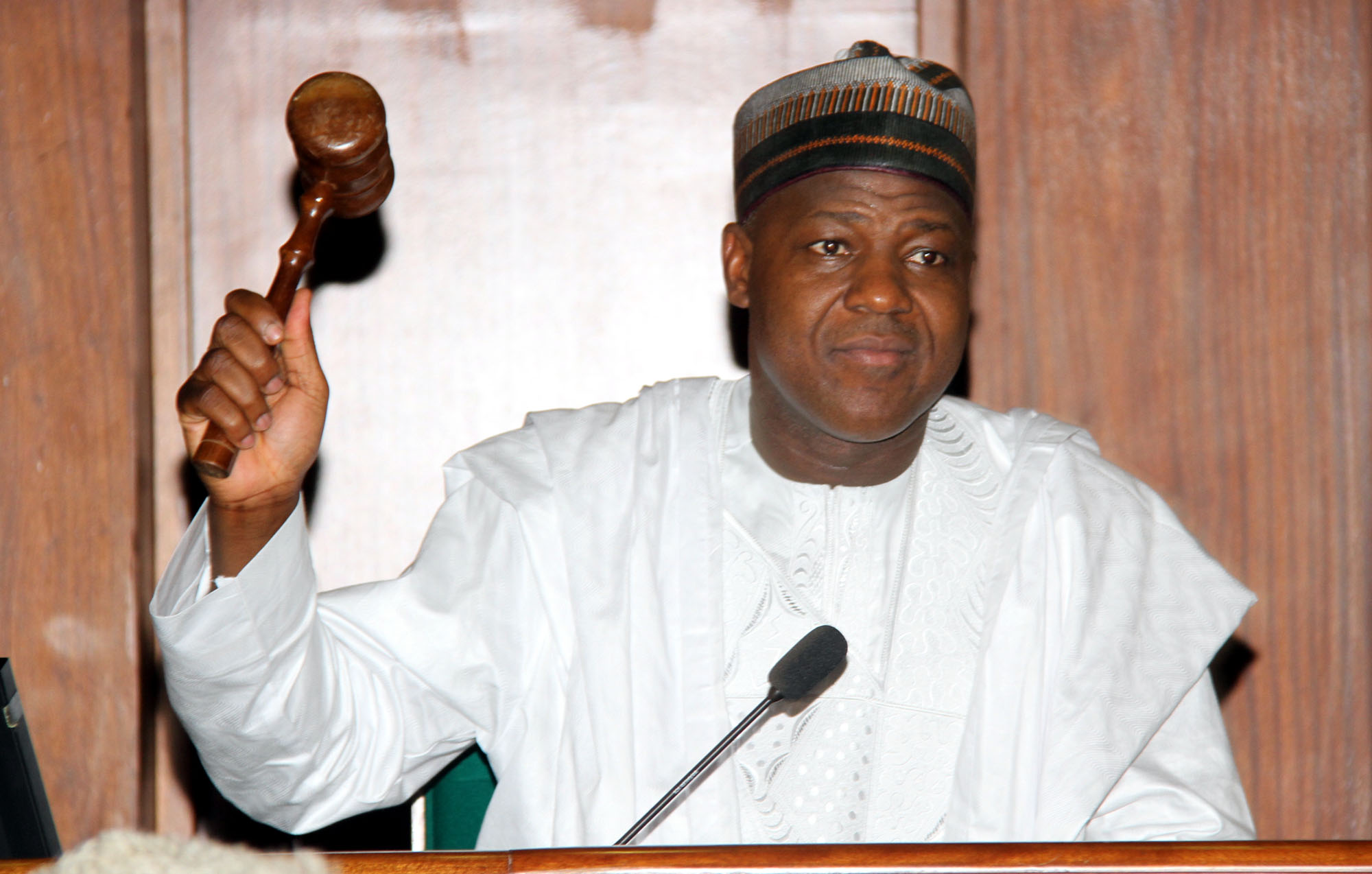Tajudeen while presenting the motion Noted with concern that the alarming rate of Nigeria’s debt profile has led to economic instability, stifled growth and stunted development, as well as impacting negatively on various sectors of the economy.
According to him, the figures given by Economic and Budget Experts as well as Economic Policy Monitoring Bodies range between $13billion and $47billion, from May 2015 to June 2018;
“Also notes that there have been continued controversies about the true state of the Nation’s debt profile, such that there is glaring disparity in the figures given by the Federal Government and some Fiscal Policy Monitoring Organizations;
“Aware that while the Vice President, Prof. Yemi Osibanjo, who is the Chairman of Nigerian Economic Council stated that the Nation’s debt profile stood at $10billion in the last three years,
“Also aware of further analysis of Nigeria’s external and domestic debt which reveals that the external debt grew to $17.83billion in June 2018 from $10.49billion in 2015, while domestic deb twhich was N8.39trilli0n in June 2015 has risen to N12.15 trillion as at June 2018; (representing an increase of N7.6 trillion in 3 years);
“Concerned that aside the rising national debt profile, there is a sharp increase in sub-national borrowing in the last three years, such that the domestic. debts of States Governments rose from N1.69trillion in June 2015 to N3.4trillion in June 2018;
“Also concerned that though borrowing (external and lor domestic) is an important and necessary strategy to reflate the economy and stimulate national growth and development, the positive impact of Nigeria’s borrowings since June 2015 is yet to be seen;
“Further concerned that unlike global practices where borrowings are tied to specific projects mutually agreed by respective organs of government, various borrowings by the Federal
He said the Government since J une 2015, have not been transparent, a situation which gives room for doubts, misconception and prone to manipulations;
“Further aware that N igeria’s revenues are sharply declining, which makes it increasingly difficuit to attract and sustain higher debts, ultimately portending micro and macro dangers to the nahonai economy amidst numerous developmental challenges;
The committee is expected to report back to the House within four weeks for further legislative.




Comments are closed.